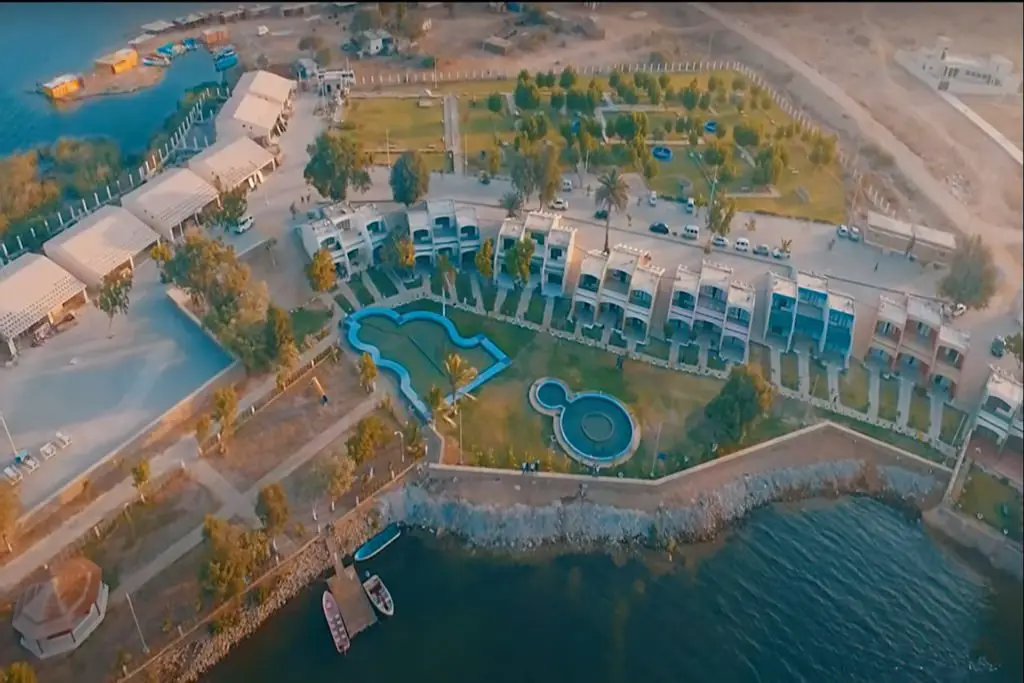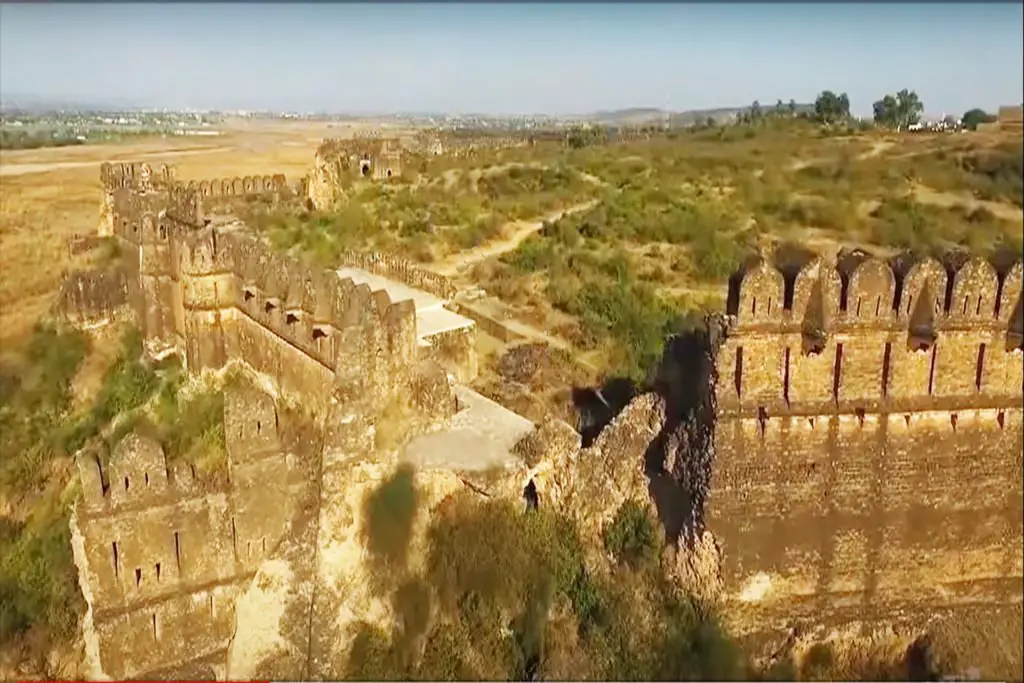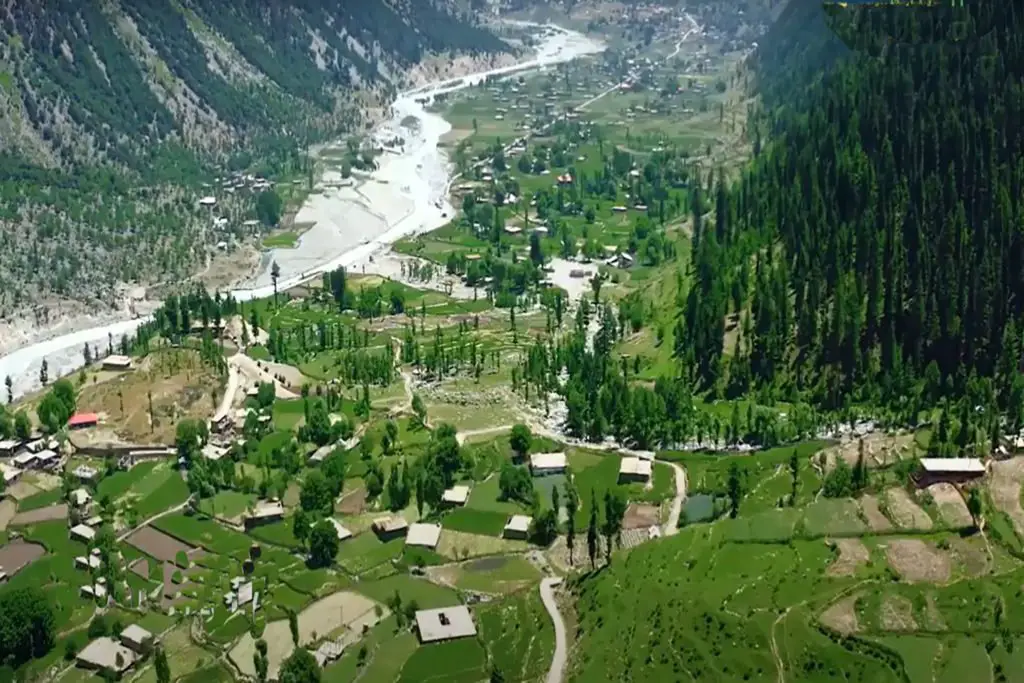Preservation of tradition with modernity
Located in the heart of Karachi, Masjid Touba, also known as the Round Mosque, is a testament to the harmonious blend of traditional Islamic architecture and modern engineering. Located in Phase 2 of the Defense Housing Authority (DHA), this mosque is not just a place of worship. It is an architectural marvel that captivates hearts and minds.
Historical Roots:
Masjid Touba traces its roots to Karachi’s mid-20th century when the city lacked accessible mosques for its Muslim population. In response, the Karachi Municipal Corporation (KMC) embarked on a mission to build a grand mosque that is centrally located and easily accessible to all neighborhoods.
The mosque design competition saw Pakistani architect Dr. Babar Hamid Chauhan emerge victorious with a unique vision. Its design featured a single dome that surpassed any dome in Pakistan at the time.
Construction began in 1966, and the mosque became a joint effort of the local community of Karachi, contributing financially and physically. It took three years for the mosque to grace Karachi with its presence, completed in 1969, bearing the name “Masjid-e-Touba”, the “Mosque of Goodness and Benevolence”.
Ease of construction:
The architectural merits of Masjid Touba are characterized by a large single dome with a diameter of 70 meters supported by 16 slender pillars. The absence of a central pillar in the prayer hall offers an unobstructed view of the dome, promoting a sense of openness and unity among worshippers.
The circular prayer hall boasts walls adorned with intricate calligraphy in black and white, while the white marble floor is bathed in natural light, creating a serene atmosphere. A large courtyard, surrounded by white marble pillars, serves as a gathering place for worshipers and social events.
Significance unveiling:
Religious Significance:
Masjid Touba stands as a spiritual sanctuary, a place of worship for Muslims in Karachi. Its open design fosters a sense of community, providing a quiet space for spiritual connection.
Architectural Significance:
The mosque serves as an outstanding example of Islamic architecture, seamlessly blending traditional Islamic design with modern engineering. Its magnificence and sophistication have earned it international acclaim.
Cultural Significance:
Included in Karachi’s cultural heritage, Masjid Touba represents a fusion of Islamic traditions with local customs. The construction of the mosque brought the community together, creating a sense of shared ownership and pride.
Importance of Tourism:
Attracting pilgrims from far and wide, Masjid Touba is a must-see. Guided tours reveal its unique design, history and cultural significance, allowing visitors to fully appreciate its significance.
Social Significance:
Apart from its religious and architectural roles, Masjid Touba plays an important social role in Karachi. Its courtyard becomes a central gathering place for local people during religious festivals and events, strengthening community ties.
Masjid Touba stands not only as a place of worship but also as a symbol of Pakistan’s rich cultural heritage, a source of architectural inspiration, and a hub of community life. It epitomizes the timeless beauty and elegance of Islamic architecture, ensuring its place in the vibrant city of Karachi.






